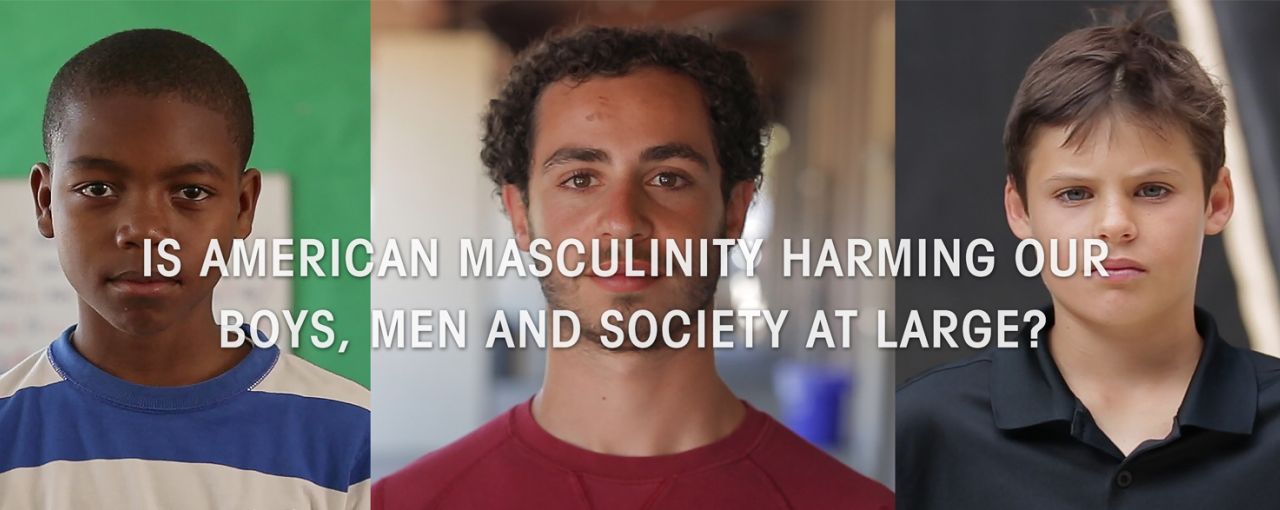Be a Man, or So They Say.

By Caidy Atwood, ACMHC
As a mental health clinician, I love the work and value the individual stores and experiences I hear each day. Working with various age groups, genders, and issues, I am always trying to be curious and learn more, with the hope of helping. Lately, I find myself reflecting on the male population; there are themes from shared endured experiences and learned messages that are unique to men. Being a woman, I know my own experiences are equally important, but, they are different. Learning and building awareness to my gender counterpart has become therapeutically essential and extremely rewarding.
I recently viewed the documentary, The Mask You Live In (2015), stories of boys and men trying to navigate societal norms, cultural pressures, and gender stereotypes, in the attempt to be a "real" man. The film calls out the shaming culture and learned behaviors placed on men, from boyhood. It proposes the question, at what age and what context were [men] told to be a man, and more importantly, what did that mean.
The construct of masculinity has become destructive and a rejection of emotional permission and expression. Boys are taught and told to prove they are strong through their actions; emotions are weakness unless it's a form of anger. Masculinity is no longer organically developed, but is a reaction and rejection of what is viewed as feminine. Boys and men learn masculinity is associated with athletic ability, economic success, and sexual conquest. Comparison becomes the main method to rate masculinity, but is and ever-changing measure that is, essentially unattainable.
Boys and men are encouraged not to talk about pain, but if they do, they should find solutions and ways to "get over it". The way boys are brought up "makes them hide their natural, vulnerable, and empathetic feelings behind a mask of masculinity. When they're most in pain, they can't reach out and ask for help because they're not allowed; they are shamed into silence and ashamed to break out of it" (The Make You Live In, 2015).
Why must men hold back their pain? How difficult and how much energy does it take to keep the mask on? How can we recreate the idea of masculinity? Can we give permission to be a man of empathy and integrity; someone who is responsible and feeling. What if men could focus on just being human; connecting the heart and the head to allow themselves to live authentically. These are the questions I want to explore with my clients and those around me. I believe there is power within men (and women) to find answers, and in turn, their strength.
**For more information, visit: http://therepresentationproject.org/film/the-mask-you-live-in/
**Film contains mature themes and language

Comments
Post a Comment